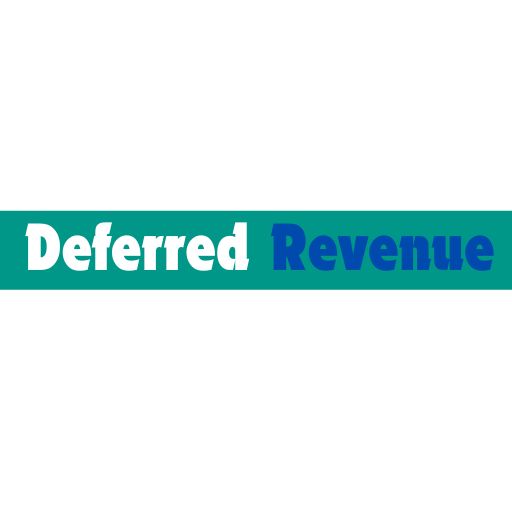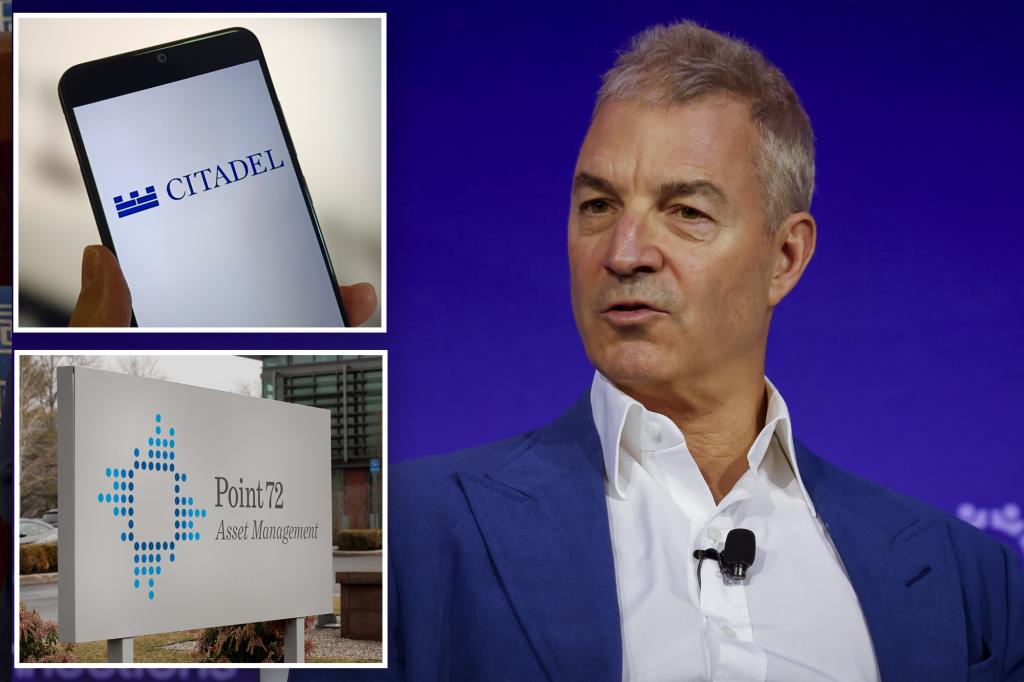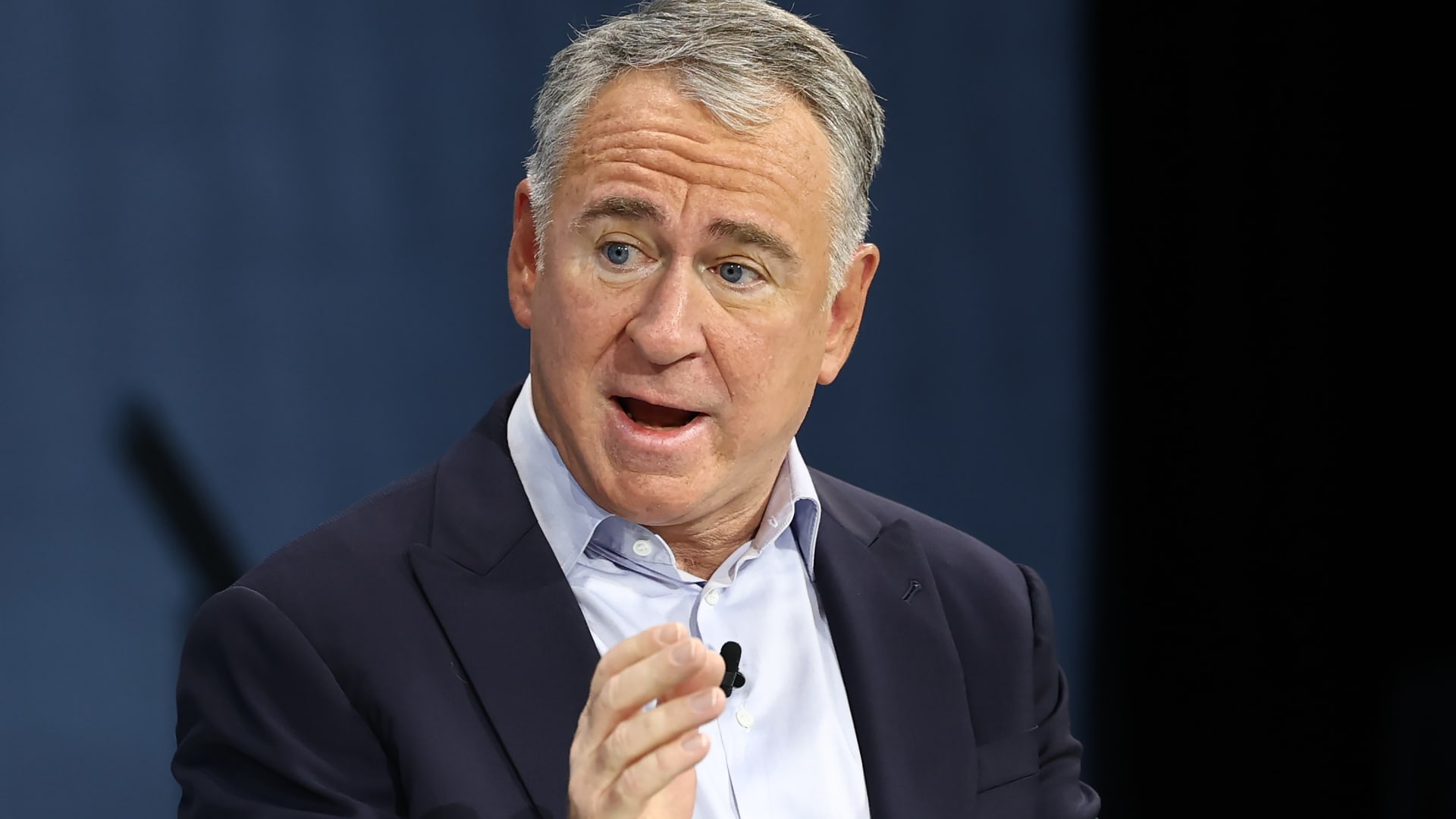In this article, we are going to discuss the 12 best brewery stocks to buy according to hedge funds.
The global alcohol industry is currently grappling with strict regulations, high taxes, inflation, and rising costs, which are likely to persist and may squeeze the profit margins of alcohol producers. The global brewing industry had been hit particularly hard as beer production worldwide fell to 1.88 billion hectoliters last year, representing a YoY decline of 0.9 %.
Peter Hintermeier, Managing Director of BarthHaas, commented:
“After we had managed to post modest growth in 2022 despite unfavorable conditions, we were expecting another small increase in 2023. However, energy, raw materials, packaging, logistics, and labor costs remained at a high level, which put pressure on the brewing business in many countries.”
READ ALSO: 10 Best Marijuana Stocks to Buy According to Hedge Funds
The American brewing industry is also faced with a declining demand, as beer consumption in the US last year fell to its lowest level since the 1970s, according to the Brewers’ Association. In fact, in 2022, the American spirits industry surpassed beer in revenue for the first time ever. The trend then continued in 2023, driven primarily by the spirits RTD category. Nevertheless, the country’s major brewers were still in good financial health, thanks to rising prices and a consumer shift towards more expensive, often imported beers.
A major factor behind the decreasing demand is also global drinking habits have shifted dramatically over the last few years. The modern consumers are increasingly focused on health and wellness and seek alternatives to traditional alcoholic beverages, giving rise to the rapidly growing low and no-alcohol trend. To make sure they don’t miss out on the opportunity, several industry behemoths have hopped on the zero-alcohol bandwagon and are now offering products with all of the taste and none of the booze.
Despite the aforementioned challenges, the alcohol sector can be an attractive option for investors looking to diversify their portfolios, simply because of the buffer it provides during tough economic times. An analysis by Goldman Sachs has revealed that beer and spirits volumes in the American market have shown little correlation with economic growth. Their sales are more related to the general trends of alcohol consumption per capita rather than the general state of the economy. This is because beer and spirits are often seen as affordable luxuries or even staples.
According to a study by Cambridge University, the decreasing levels of average per capita income lead to very small changes in gross alcohol, wine, and beer consumption. In fact, the surge in unemployment during recessions could instead trigger an increase in the average alcohol intake.
A great example of this is how Americans drank more alcohol during the pandemic and this was also reflected in the resultant imposts collected by the national kitty. Alcohol tax revenues collected by the U.S. Treasury Department rose by 8% in the fiscal year that ended on Sept. 30, 2021, compared to the previous year, and remained well above pre-pandemic levels.
Another popular investment vehicle in the alcohol industry is rare whiskeys. Aptly named ‘Liquid Gold’, this beloved liquor can preserve and even increase in value during economic instabilities, inflationary periods, and recessions. One simply cannot forget about the bottle of The Emerald Isle Collection that sold in auction earlier this year for $2.8 million, or the 1975 cask of Ardbeg single malt which was acquired by a private collector in Asia in 2022 for over $20 million, more than double the amount Glenmorangie paid for the entire Ardbeg distillery and all its stock in 1997.
The Rare Whisky 101 Apex 1000 Index tracks whiskeys that are highly sought after for collection. It has gained over 384% since 2013, against almost 301% gains by S&P’s famous benchmark of the top 500 companies for the same period. The RW Japanese 100 Index, which includes 100 collector’s bottles from Japan, has seen gains of around 350% since 2015. The index includes bottles like Ichiro’s Malt ‘Card’ Ace of Spades, Ace of Diamonds, and King of Hearts, among others.
With that said, here are the Best Alcohol Stocks to Buy Now.
Photo by Wil Stewart on Unsplash
Methodology:
To collect data for this article, we scanned Insider Monkey’s database of 900 hedge funds and picked the top 12 companies operating in the brewing sector with the highest number of hedge fund investors. When two or more companies had the same number of hedge funds investing in them, we ranked them by the revenue of their last financial year instead. Following are the Beer Alcohol Stocks Held by the Most Hedge Funds.
At Insider Monkey we are obsessed with the stocks that hedge funds pile into. The reason is simple: our research has shown that we can outperform the market by imitating the top stock picks of the best hedge funds. Our quarterly newsletter’s strategy selects 14 small-cap and large-cap stocks every quarter and has returned 275% since May 2014, beating its benchmark by 150 percentage points (see more details here).
12. Compañía Cervecerías Unidas S.A. (NYSE:CCU)
No. of Hedge Fund Holders: 3
Compañía Cervecerías Unidas S.A. (NYSE:CCU) is a beverage giant that operates in Chile, Peru, Argentina, Bolivia, Colombia, Paraguay, and Uruguay. The company, known for its Cristal brand, is one of the biggest brewers in its home country of Chile.
It was announced in October that Compañía Cervecerías Unidas S.A. (NYSE:CCU), which distributes PepsiCo products in Chile, has struck a deal for its rights also in Paraguay. The company has acquired a 51% stake in Bebidas del Paraguay, Distribuidora del Paraguay, and AV, in association with Vierci Group. This marks Paraguay as the second country where CCU holds the PepsiCo license, promising growth and investment opportunities.
Compañía Cervecerías Unidas S.A. (NYSE:CCU) had a mixed Q3 2024 as organic volumes were down 6.9%, mostly due to a weakened demand in Argentina. However, its Chilean segment saw a 7% revenue increase, driven by a 5.2% rise in prices and improved volumes. All in all, the company managed to achieve a net profit of CLP 29.55 million ($29.77 million) during the quarter, a significant 211% increase from the same period last year. CCU also offers an above-average annual dividend yield of 3.67% as of December 28, 2024.
Compañía Cervecerías Unidas S.A. (NYSE:CCU) continues its focus on expanding its product line and recently launched Escudo Maki, a limited-edition variety produced with wild maquis collected by an agricultural cooperative in the south of Chile. Moreover, its subsidiary CPCh launched ‘Hard Fresh: Hard Soda’, a 5% ABV ready-to-drink cocktail in response to the growing demand for low alcohol options with nice flavors.
In Q3 of 2024, shares of Compañía Cervecerías Unidas S.A. (NYSE:CCU) were held by 3 hedge funds in the IM database, with First Eagle Investment Management holding the largest stake of 15.69 million shares, valued at around $182.47 million.
11. SNDL Inc. (NASDAQ:SNDL)
Number of Hedge Fund Holders: 10
SNDL Inc. (NASDAQ:SNDL) is the largest private-sector liquor and cannabis retailer in Canada. Though not a pure-play brewing company itself, SNDL offers a selection of thousands of beers in its stores. The company also operates as a licensed cannabis producer and stands as one of Canada’s premier vertically integrated cannabis enterprises.
Like many other companies involved in the cannabis business, SNDL Inc. (NASDAQ:SNDL) has been focused on sales growth instead of profits, increasing its revenue from $60.9 million in 2020 to just over $909 million last year. However, the liquor and cannabis retailer still hasn’t turned a profit in its last four financial years. It seems like the strategy is changing now as the Calgary-based company announced a restructuring plan in July to help slash its annual expenses by $20 million and finally improve its profitability.
In Q3 of 2024, SNDL Inc. (NASDAQ:SNDL) reported a net revenue of $144.6 million from its liquor business, a decline of $7.2 million or 4.8% compared to the prior year. However, the company continues to believe in the long-term potential of the segment, which still managed to deliver significant growth in operating income.
SNDL Inc. (NASDAQ:SNDL) also remains financially strong and ended the third quarter with a cash balance of $263 million, up from $183 million in Q2, with no outstanding debt. To return value to its shareholders, the company also announced a share repurchase program of around $70.3 million in November. The company is on track to deliver positive free cash flow for the 2024 calendar year, meeting or even exceeding its guidance.
SNDL Inc. (NASDAQ:SNDL) is focused on strategic expansion and announced the acquisition of all outstanding shares of Nova Cannabis Inc. recently, marking a major milestone. Moreover, it has also closed the acquisition of Indiva, enabling it to emerge as the leader in the Canadian infused edibles category.
In the third quarter of 2024, shares of SNDL Inc. (NASDAQ:SNDL) were held by 10 hedge funds tracked by IM with a total stake value of $23.34 million, up 42.5% from the previous quarter.
10. Tilray Brands, Inc. (NASDAQ:TLRY)
Number of Hedge Fund Holders: 16
The New York-based Tilray Brands, Inc. (NASDAQ:TLRY) has a highly diversified global portfolio – operating in more than 20 countries with businesses in medical adult-use cannabis, beverages, spirits, wellness products, and a vast array of consumer-connected lifestyle brands.
Though its core business is cannabis, Tilray Brands, Inc. (NASDAQ:TLRY) forayed into the beer sector last year when it acquired eight beer and beverage brands from AB InBev for an undisclosed amount. To further strengthen its portfolio, the company announced in September that it had also completed the acquisition of another four craft beer brands from Molson Coors – Hop Valley Brewing Company, Terrapin Beer Co., Revolver Brewing, and Atwater Brewery. As a result, Tilray Brands, Inc. (NASDAQ:TLRY) is now the 5th largest craft beer operator in America. The company has also diversified into spirits and earlier this year, its Breckenridge Distillery celebrated the wins of World’s Best Finished Bourbon, America’s Best Finished Bourbon, and Icons of Whisky Campaign Innovator of the Year: Highly Commended at the 2024 World Whiskies Awards.
This diversification strategy seems to be paying off. Tilray Brands, Inc. (NASDAQ:TLRY)’s alcohol business now accounts for 28% of its revenue, whereas 31% came from cannabis. A year ago, 13% of its sales were from alcohol and 40% from cannabis. The other two segments, distribution services and wellness products, haven’t changed that much. This comes in response to the slower-than-expected marijuana legalization policies in the US and the EU, and the saturation of the cannabis market in Canada.
That said, Tilray Brands, Inc. (NASDAQ:TLRY) is still the number one cannabis business in Canada, the leading medical cannabis business across Europe, and the top branded hemp business in North America. Earlier this year, the company also entered the lucrative US THC beverage market with a range of Delta-9 THC mocktails and seltzers through its newly formed Tilray Alternative Beverages business unit. Tilray is hoping to dominate the rapidly ballooning market for cannabis-infused drinks since it already has a business and distribution network in place thanks to its beverage-related assets.
In its fiscal Q1 of 2025, Tilray Brands, Inc. (NASDAQ:TLRY) reported record net revenue of $200 million for the first quarter, marking a 13% year-over-year increase, with its beverage division witnessing a significant 132% growth in net revenue. Tilray’s cash and marketable securities balance as of October 31 was $280.1 million, up from $260.5 million at year-end. In its last quarter, the company also paid down over $300 million of its convertible debt. Tilray Brands, Inc. (NASDAQ:TLRY)’s financial strength enables it to pursue new opportunities and capitalize on emerging trends in the market.




